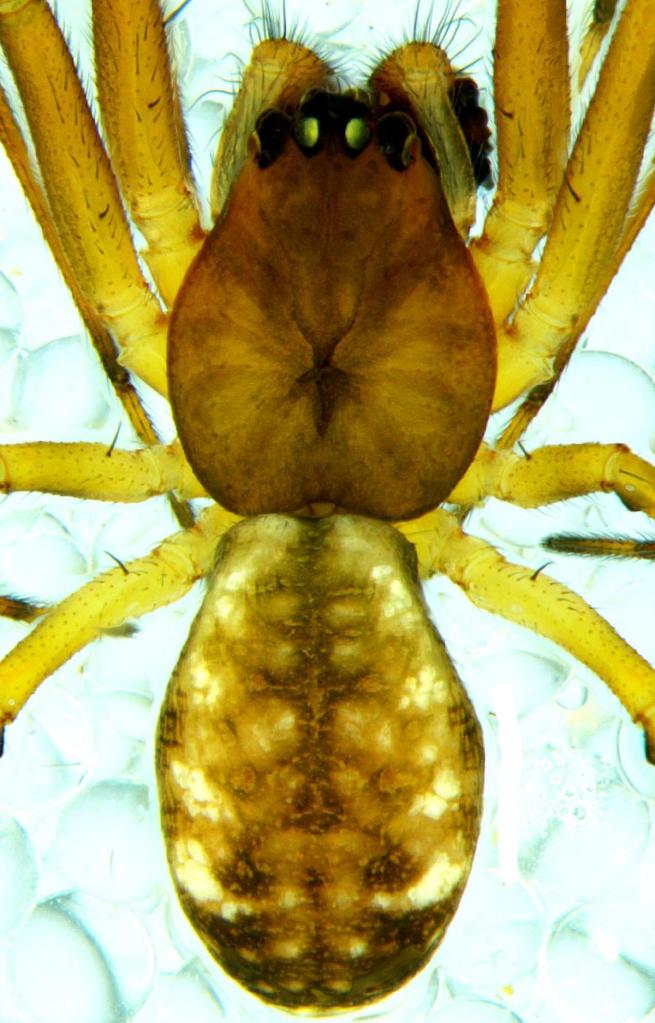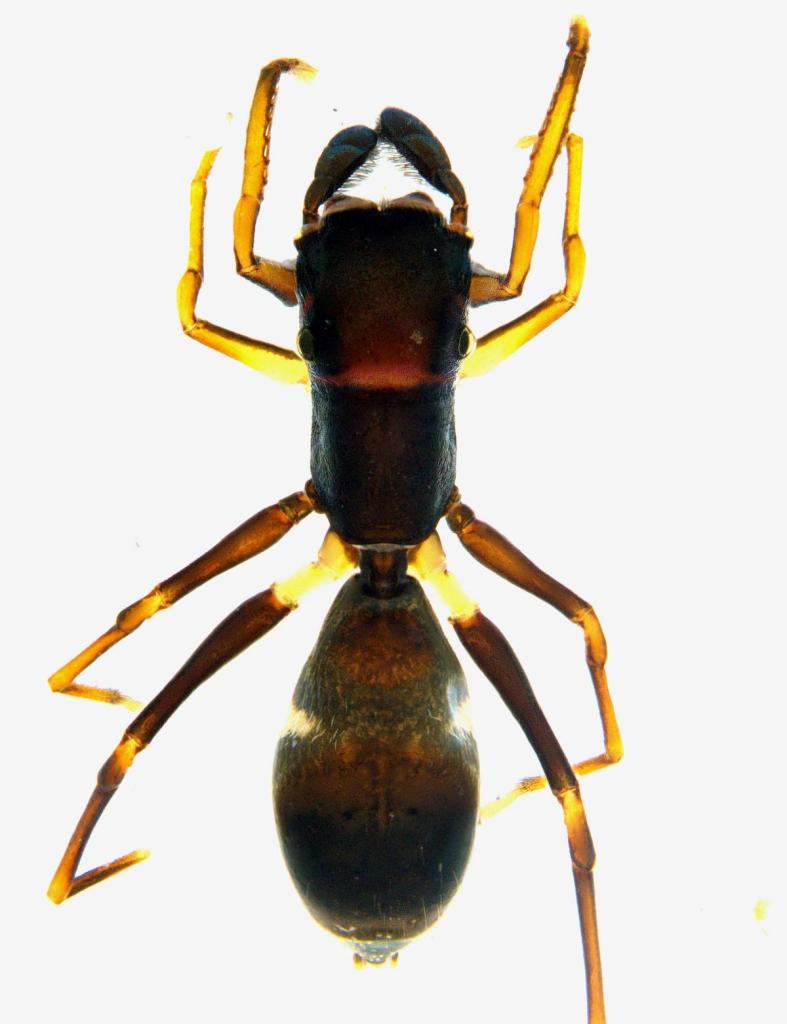In the midst of coal shortage reports, a coal mine extension is approved in pristine Hasdeo forests
As Chhattisgarh government approves coal mining in Parsa bloc, tribal residents of the region have been camping in the Hasdeo forest reserve to protect trees from being axed. The move has taken many by surprise as the centre had declared the forest a biodiversity-rich reserve and ‘no go’ area only a decade ago.

Mining projects in Parsa East Kete Basan and Parsa blocs falling in the reserve were given a go-ahead within a gap of 10 days. Protests to protect the Hasdeo forest have been ongoing for over a decade now. However, the Chhattisgarh state government approved the Parsa coal mine in Hasdeo forest, after receiving a green signal for it from the central government last year.

The Parsa coal mine, spread over an area of 1,252.447 hectares in Surguja and Surajpur districts, has 841.538 hectares of area, out of which 410.909 hectares falls under forest land. Allotted to Rajasthan Rajya Vidyut Utpadan Nigam Limited, the coal mine was handed over to the Adani Group by the Congress government of Rajasthan, by contracting the mine on MDO (Mine Developer-cum-Operator) basis.
Money spider, ant-mimicking spider discovered at Wayanad Wildlife Sanctuary: Kerala
Money spiders, commonly found in European meadows, have been reported for the first time in the country from the Muthanga range of the Wayanad Wildlife Sanctuary. The findings were published in the British scientific journals Peckhamia and Arachnology.

Researchers of Christ College, Irinjalakuda, Thrissur, have discovered the spider that belongs to the family of dwarf spiders ( Linyphiidae) under the genus Prosoponoides. It has been given the name Prosoponoides biflectogynus. The research team includes Athira Jose and Vishnu Haridas, research scholars of the Centre for Animal Taxonomy and Ecology (CATE), Christ College.

They have also discovered ant-mimicking spiders, belonging to the group of jumping spiders, from the Mananthavady range. They belong to the family of Salticidae. The ant-mimicking spider has been named Toxeus alboclavus. Researchers collected this species of jumping spiders from among leaf litters.
Mizoram Police seize 468 numbers of exotic wildlife species
Acting on a specific input, Champhai Police of Mizoram on Wednesday seized and recovered 468 numbers of various exotic wildlife species, being illegally smuggled by Gospel Chanchintha (28) of Hmunlai in Lawngtlai District and his four accomplices from Zokhawthar of Champhai District.

Rescued species include – 4 tortoises, 11 snakes, 442 lizards, 4 toed sloths, 2 beavers, 1 wild cat and 4 potto. The illegal traffickers tried to cross over and evade the police check-gate by walking on foot and carrying the smuggled exotic species by head-load, but they all got busted.
IIT Madras, Harvard University researchers develop algorithm to combat poaching
Indian Institute of Technology (IIT) Madras and Harvard University researchers have developed a novel Machine Learning algorithm named ‘CombSGPO’ (Combined Security Game Policy Optimization) to save wildlife from poaching.

This new algorithm provides highly efficient strategies that are more scalable than the earlier ones created for the same purpose, IIT Madras said.
“The algorithm works by handling resource allocation and strategizing patrolling after the extent of resources available had been identified. For this task, it utilizes data on the animal population in the conserved area and assumes that poachers are aware about the patrolling being done at various sites,” IIT Madras said in a press release.
Sikkim Bans Sale Of Pigs As State Detects African Swine Fever, 117 Pigs Dead in Last 2 Months
The Sikkim government on Wednesday banned the sale of pigs in the state after cases of African Swine Fever (ASF) were reported in North Sikkim district. As per the updates from the state, a total of 117 pigs have died in various parts of the state in the past two months.

Giving details to PTI, Animal Husbandry Department Secretary Dr P Senthil Kumar said the general public must refrain from eating pork and has also stated that the first tests of the samples which were taken from the pigs in North Sikkim district had come out positive for Porcine Reproductive and Respiratory Syndrome (PRRS) on February 23 this year. On February 29 the first case of African Swine Fever was detected.
Comment and tell us your thoughts
Join our Group 👉 ENDIANS to share your eco-awareness message
Now you can also join our WhatsApp group 👉Environment India
🌱🌏🌱
Environment India is a PAN INDIA Volunteer initiative for ecological awareness and incorporate conservative environmentalism in the society. Your support will encourage us to provide you this free service. To support us you just have to follow us and share posts more to create awareness. You can also share your thoughts and articles to publish on topics related to Environment and Wildlife.

